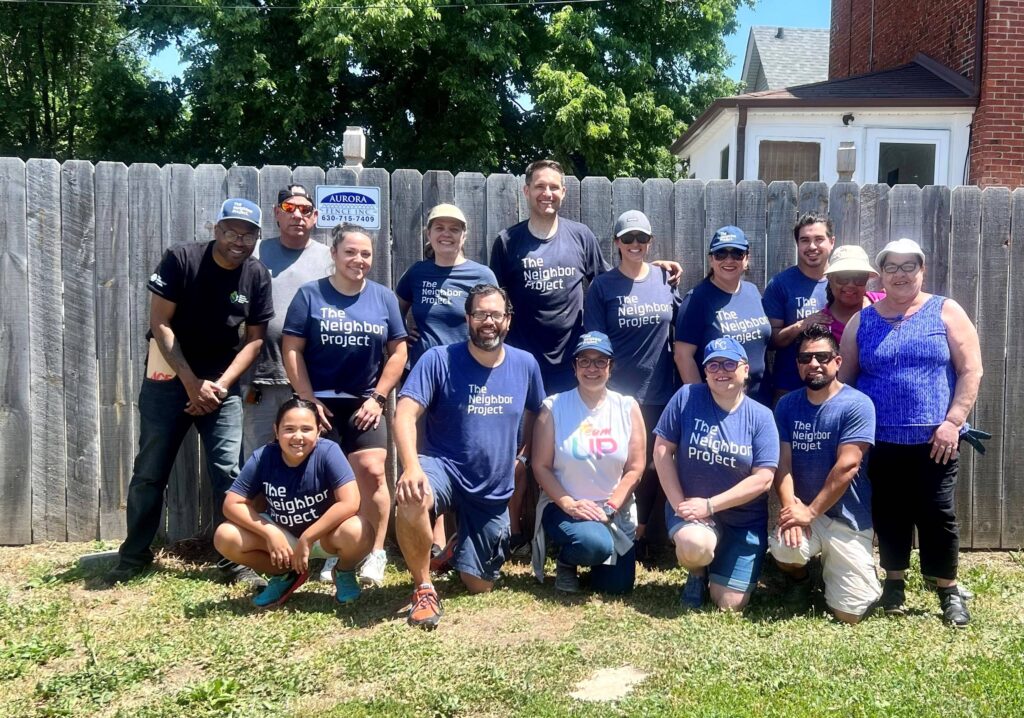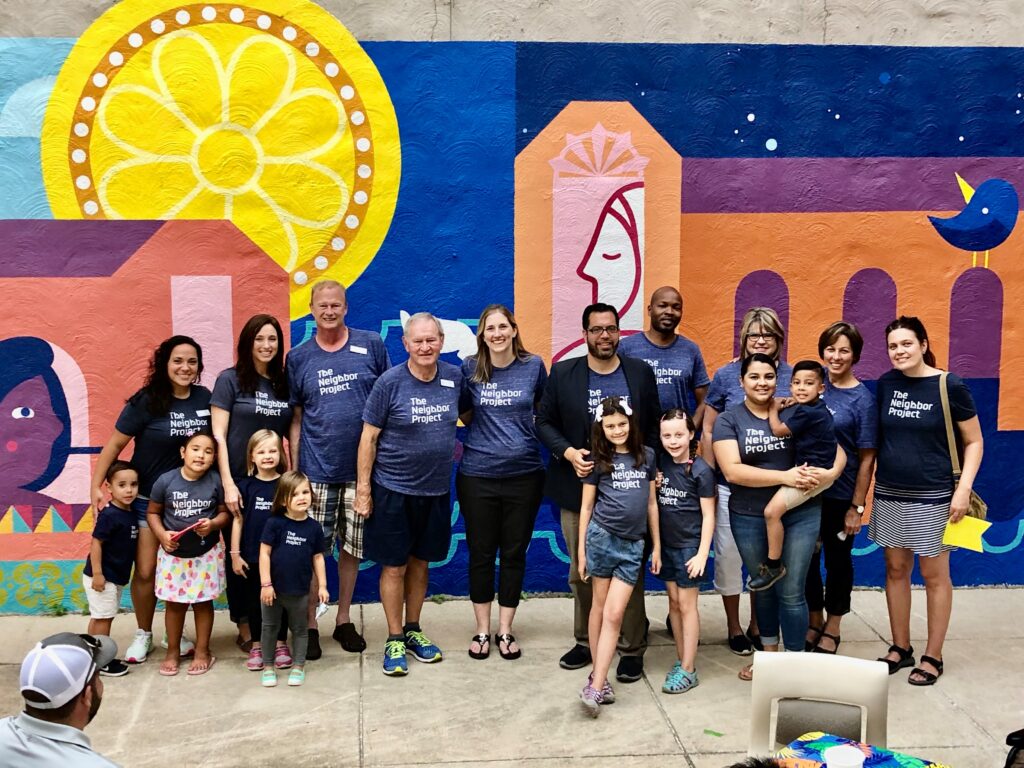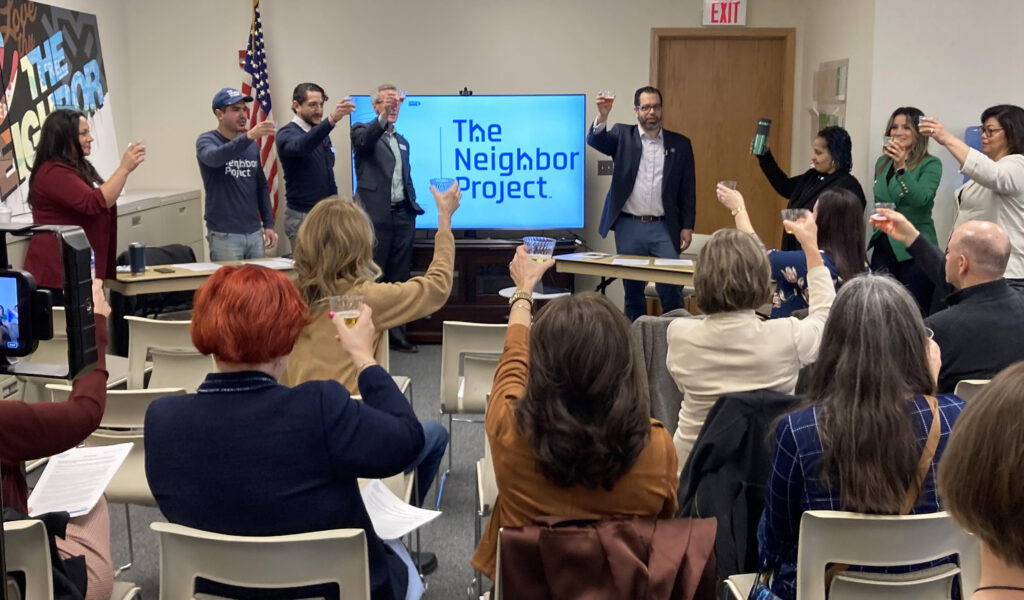
Affordable housing is a serious problem that is at crisis levels in the U.S., for both home purchases home rentals. According to the 2024 State of the Nation’s Housing by the Joint Center for Housing Studies of Harvard University: “Both homeowners and renters are struggling with high housing costs. On the for-sale side, millions of potential homebuyers have been priced out of the market by elevated home prices and interest rates. Homeowner cost burdens are also on the rise, driven by growing taxes and insurance costs. For renters, the number with cost burdens has hit an all-time high as rents have escalated. While single-family construction is accelerating and a surge of new multifamily rental units is slowing rent growth, any gains in affordability are likely to be limited by robust household growth, ongoing development constraints, and high construction costs.”
In Aurora, the second largest city in Illinois, like many cities in the nation, finding affordable housing is a challenge. The Neighbor Project (TNP), an Aurora based nonprofit and a CCLF borrower, sought to find ways to remedy issues of housing for their neighbors. Before the founding of TNP, two separate nonprofit organizations worked to assist Aurora residents with housing: the Joseph Corporation, a HUD approved housing counseling agency that focused on home ownership, first-time home ownership as well as post-purchase housing counseling that included foreclosure prevention and helping people remain in their homes; and the Emmanuel House, initially concentrated on refugee and immigrant home ownership.
These organizations formally merged in 2018 after years of partnering on various housing projects. “The idea that our neighbors, those of us around it, were really the key to bringing about all of the community stability that we wanted to, and so, it’s an organization really set and designed around investing in neighbors,” explains Rick Guzman, Executive Director, The Neighbor Project.

CCLF was first introduced to Guzman and the work at Emmanuel House in 2012, at the end of the housing crisis, by the bank that was dismantling its community development division and held Emmanuel House’s note. “We were fortunate in that situation that CCLF was there to say, okay, this is a good mission,” states Guzman. “It’s producing good results. We’re seeing homeowners come out of it. It’s providing affordable housing and first-time home buying and looked at our track record and they were able to get us a new loan even though most would not have been able to finance a property that was underwater at that time.”
Guzman believes that had it not been for CCLF’s rescue of that property, their organization may not have survived. With that refinance, they were put in a position to save the property and purchase several properties that were in foreclosure allowing them to develop their model of homeownership. They allow low-income, working tenants to live in a TNP unit for two years, which helped clients to work off debt, build credit and save because a full year’s rent has been set aside for a down payment for their very own home.
Program participants graduate moving into homeownership. This frees up the unit and a new tenant moves in to begin the program and the cycle continues. With this model, each unit serves five families a decade. TNP has proven this model is successful and now wants to scale it. “TNP has been an excellent partner with CCLF,” states Wendell Harris, CCLF Vice President of Lending Operations. “We have watched the organization grow through Rick Guzman’s leadership. Rick has also been an excellent partner with helping CCLF navigate the city of Aurora, Illinois. CCLF is excited to help TNP grow in the number of affordable housing units owned while making home ownership affordable. We value our long-standing relationship.”
Scaling his model might be a little easier after TNP was awarded a $2 million grant from the MacKenzie Scott’s Yield Giving earlier this year. These unrestricted funds will allow TNP to control their own destiny without the restraints of grant deliverables.

Guzman has identified two major issues in today’s housing market. “There’s a dual-crisis in affordable housing: There’s the historic mismatch between the supply and the need for affordable housing, but just as problematic is that the primary way affordable housing is financed and developed allocates billions of dollars to treat the symptoms of this crisis rather than the underlying root issues, and where the creation of affordable housing units is the ‘end goal’ in and of itself – even though it’s nowhere near feasible to build a new affordable unit for everyone who needs one,” explains Guzman. “Worse yet, tax credit financing creates loads of wealth, but only for those that already have wealth – namely big developers and corporate tax-credit investors.”
“Meanwhile the supposed ‘beneficiaries’ of affordable housing are simply offered ‘subsistence’ or the ability to afford to live in their unit from month-to-month-to-month, without any scaled opportunities to build wealth and break cycles.”
Guzman believes TNP has developed a model where wealth creation flows to those who need it most: low-income residents. They have proven that it works, and they are ready to scale it.